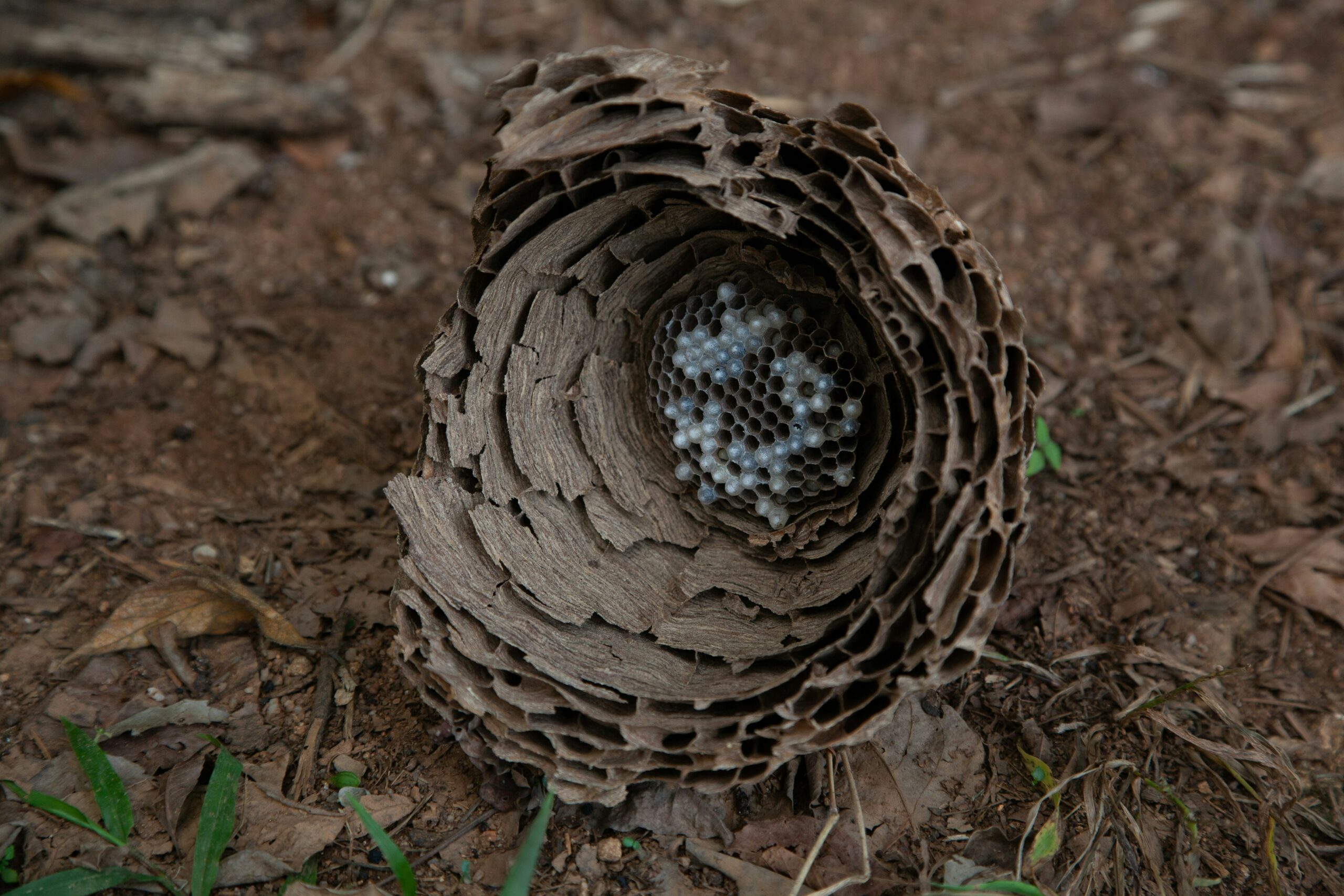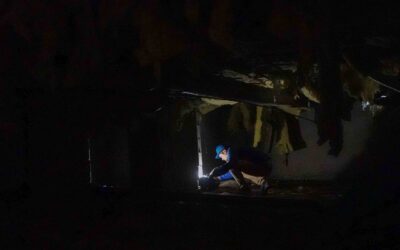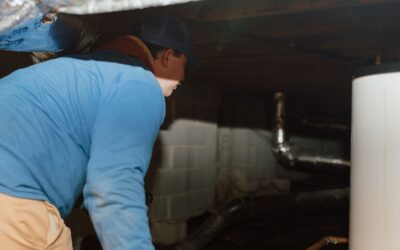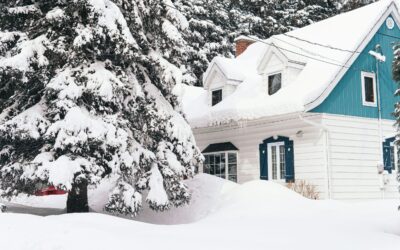
Most Dangerous Wasps
Wasps can be more than just a nuisance; some species are downright dangerous due to their aggressive nature, potent venom, and painful stings. Among the most dangerous are the Asian giant hornet, the paper wasp, and the yellow jacket. These wasps not only pose a risk due to their stings but also because they can attack in swarms, making them a serious threat to anyone who disturbs their nests. Understanding these wasps’ behavior and the risks they pose is crucial for your safety, especially in areas where they are common.
Asian Giant Hornet: The “Murder Hornet”
The Asian giant hornet (Vespa mandarinia) has earned the nickname “murder hornet” due to its size, aggressive nature, and powerful sting. These hornets can grow up to two inches long and have a sting that can deliver a significant amount of venom, potentially causing severe pain, allergic reactions, or even death in rare cases. They are especially dangerous to those who are allergic to insect stings. Asian giant hornets are known to be highly aggressive, especially when their nests are threatened, and can sting multiple times.
Key Characteristics:
- Size: Up to 2 inches long
- Venom: Highly potent, can cause severe pain and allergic reactions
- Aggression: Highly aggressive when threatened
Paper Wasp: A Common but Dangerous Visitor
Paper wasps (Polistes spp.) are among the most common wasps found around homes. While they are not as aggressive as some other wasp species, they will defend their nests vigorously. Their sting is painful and can cause significant swelling, especially in individuals who are allergic. Paper wasps typically build their nests in sheltered areas around homes, such as under eaves, in attics, or in sheds, making them a frequent cause of concern.
Key Characteristics:
- Habitat: Often build nests near human dwellings
- Venom: Painful sting that can cause swelling
- Aggression: Moderately aggressive, particularly near nests
Yellow Jacket: Aggressive and Territorial
Yellow jackets (Vespula spp.) are notorious for their aggressive behavior, particularly in the late summer and fall when they are in search of food. These wasps are highly territorial and will defend their nests fiercely, often stinging multiple times. Yellow jackets are particularly dangerous because they can attack in large numbers, swarming their target and delivering numerous stings. Their venom can cause severe allergic reactions, making them a significant threat to those with sensitivities.
Key Characteristics:
- Aggression: Extremely aggressive and territorial
- Sting: Can sting multiple times, causing intense pain
- Social Behavior: Often attack in swarms
How to Protect Yourself from Dangerous Wasps
The best way to protect yourself from dangerous wasps is to avoid disturbing their nests. If you notice a wasp nest near your home, it is crucial to contact a professional pest control service to remove it safely. Wearing protective clothing and avoiding strong fragrances can also reduce your chances of being stung when outdoors.
Quick Tips:
- Avoid Nests: Do not disturb wasp nests; call a professional.
- Protective Clothing: Wear long sleeves and pants when in wasp-prone areas.
- Scent Awareness: Avoid wearing strong perfumes or using sweet-smelling products outside.
Stay Safe With Professional Help
Dealing with dangerous wasps like the Asian giant hornet, paper wasp, and yellow jacket is not something you should attempt on your own. Their aggressive nature and painful stings make them a serious threat, particularly if you are allergic or if they swarm. For the safety of your family and pets, it is always best to rely on professional pest control services to handle wasp infestations.
At West Termite & Pest, we have locations across Arkansas and Oklahoma, offering expert pest control, termite control, and lawn care & treatment services. If you’re dealing with a wasp problem or any other pest issue, contact us today for a free consultation. Our team is equipped to handle even the most dangerous pests, ensuring your home remains a safe and comfortable place. Contact us today for your free consultation and let our experts handle the rest!
Call your local West Termite location or fill out the form
on our contact page to schedule your inspection today!
More posts from West Termite, Pest & Lawn
How Heating Systems Can Spread Pests Indoors
Heating systems are essential for keeping homes comfortable during the colder months, but they can also unintentionally contribute to indoor pest problems. In Arkansas, winter pests indoors such as rodents, spiders, and ants may already be seeking warmth, and heating...
Why Crawl Spaces Are Vulnerable to Winter Pests
Crawl spaces are often overlooked areas of a home, yet they are some of the most vulnerable spaces when it comes to winter pests. In Arkansas, cold weather drives rodents, insects, and other pests to seek warmth and shelter, and crawl spaces provide the perfect...
Planning Your New Year Pest Prevention
The start of a new year is the perfect time to think about protecting your home from pests. Even in the colder months, pests like rodents, spiders, and occasional insects can remain active indoors, and untreated vulnerabilities can lead to costly repairs or...



